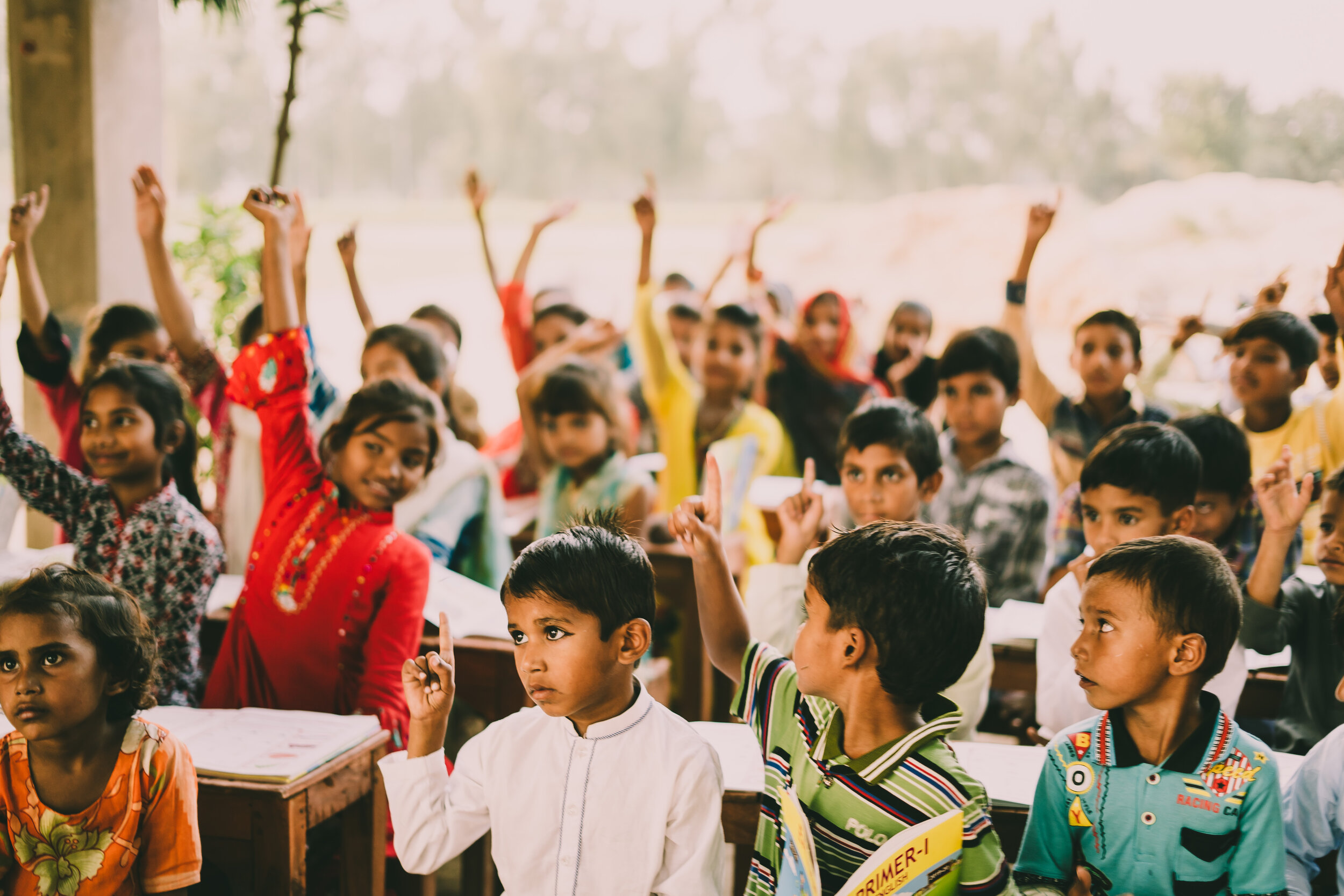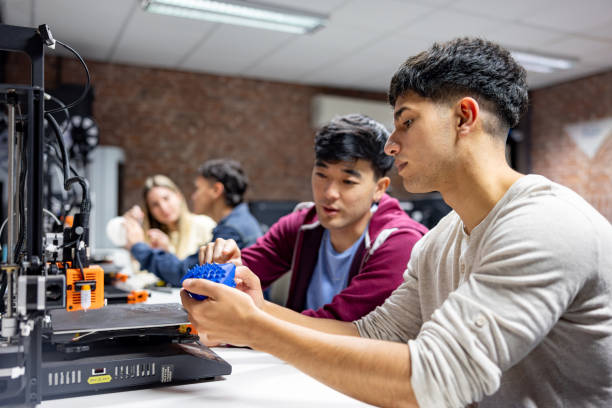Who Provides Children Support in Pakistan?

Children support in Pakistan is a crucial element in the country’s efforts toward achieving social justice, equity, and sustainable development. With millions of children facing poverty, abuse, displacement, and neglect, the need for structured and compassionate child welfare programs has never been more urgent. Pakistan’s population includes over 90 million children under the age of 18, many of whom lack access to basic necessities such as education, healthcare, family care, and emotional support.
In this comprehensive blog, we explore who provides children support in Pakistan, including governmental organizations, NGOs, community groups, and international partners. We will also highlight the vital role played by SOS Children’s Villages Pakistan, a leading force in the mission to protect and uplift vulnerable children across the nation.
Governmental Institutions Supporting Children in Pakistan
The Government of Pakistan plays a central role in the child welfare landscape. It provides policy direction, legal frameworks, and limited financial and structural support for vulnerable children.
a. Ministry of Human Rights
The Ministry of Human Rights is responsible for drafting child protection laws and promoting children’s rights at the federal level. It works on:
- Legislation such as the National Commission on the Rights of the Child Act (2017)
- Coordinating with provinces for child protection units
- Creating awareness on child abuse and child marriage
b. Provincial Child Protection Bureaus
Provinces like Punjab, Sindh, and KP have established Child Protection & Welfare Bureaus (CPWBs) which:
- Rescue street children
- Rehabilitate victims of abuse
- Provide temporary shelter, food, and education
These bureaus often operate under Departments of Social Welfare and work in tandem with law enforcement and judicial systems to safeguard children.
c. Bait-ul-Mal and Ehsaas Program
The Pakistan Bait-ul-Mal (PBM) offers scholarships and medical aid for orphaned and disadvantaged children. Additionally, the Ehsaas Kafaalat and Ehsaas Nashonuma programs provide financial assistance and nutritional support to poor families, directly impacting child welfare.
d. National Commission on the Rights of Child (NCRC)
Formed in 2020, NCRC’s mandate is to monitor, promote, and advocate for children’s rights in line with Pakistan’s obligations under the UN Convention on the Rights of the Child (UNCRC).
Non-Governmental Organizations (NGOs)
NGOs are the backbone of children support in Pakistan. These organizations often fill critical gaps left by the public sector, offering long-term, sustainable solutions for orphaned, abused, and underprivileged children.
a. SOS Children’s Villages Pakistan
One of the most impactful child welfare organizations in the country, SOS Children’s Villages Pakistan provides family-based care for children who have lost parental support, along with education, youth empowerment, vocational training, and psychological assistance.
Key Services Offered:
- SOS Villages: Safe, family-like homes across 14 cities
- Hermann Gmeiner Schools: High-quality education for SOS children and the wider community
- SOS Youth Homes: Transitional support for young adults entering society
- Family Strengthening Programs (FSP): Preventive care to support at-risk families
Impact Highlights:
- Over 15,000 children and youth supported annually
- 52 operational projects including villages, schools, and training centers
- Emergency relief efforts during floods, earthquakes, and pandemics
SOS Children’s Villages Pakistan emphasizes long-term development over temporary care, ensuring that children are not only housed but raised to become self-reliant adults.
b. Edhi Foundation
The Edhi Foundation runs the largest network of shelters, orphanages, and child adoption services in Pakistan. Their Edhi Homes provide basic needs and medical assistance to abandoned or lost children.
c. The Citizens Foundation (TCF)
Though not solely focused on orphaned or destitute children, TCF is instrumental in providing quality education to children from underserved communities. Their nationwide network of schools reaches over 250,000 children.
d. Saylani Welfare International Trust
Saylani offers free education, food, healthcare, and vocational training. They run Child Education Centers and distribute meals to thousands of children daily in urban slums.
e. Pakistan Sweet Homes
This organization specifically provides residential care for orphaned boys, focusing on education, nutrition, and discipline. They have facilities in various parts of the country and support thousands of children.
International and Multilateral Organizations
Several international agencies work in Pakistan to support child-focused initiatives, especially in areas like education, health, and emergency response.
a. UNICEF Pakistan
UNICEF has been working in Pakistan for decades to:
- Improve maternal and child healthcare
- Promote birth registration
- Combat child marriage and gender-based violence
- Strengthen education systems, especially for girls
b. Save the Children
Operating since 1979, Save the Children works to improve child survival, learning outcomes, and protection systems through policy advocacy and field programs.
c. World Vision International
Their child-focused programs operate primarily in Khyber Pakhtunkhwa and Sindh, offering:
- Nutritional support
- Clean water projects
- Child protection and advocacy training
d. UNHCR
In refugee-hosting areas, especially near the Afghan border, UNHCR provides vital support to displaced children, including education and psychosocial counseling.
Religious and Community-Based Support Systems
Pakistan’s Islamic traditions emphasize orphan care (Yateem Khidmat), and this has given rise to strong community-based children support systems.
a. Masjid-Based Schools (Maktabs)
These provide free basic education and food, especially in rural areas where formal schooling may be unavailable.
b. Zakat and Sadaqah Programs
Community donations in the form of Zakat (obligatory charity) and Sadaqah (voluntary charity) support local orphanages, tuition fees, and meals for impoverished children.
c. Peer-to-Peer Family Networks
In many neighborhoods, families adopt or foster children from their extended circles without involving the state. While informal, these networks play a significant role in absorbing orphaned or vulnerable children into safe environments.
The Future of Children Support in Pakistan
As Pakistan continues to evolve socially and economically, the approach to children support in Pakistan must also modernize. Here’s what the future might look like:
a. Digitally Empowered Child Services
Tech-based platforms can help:
- Track missing children
- Deliver virtual education
- Offer mobile counseling and legal aid
b. Enhanced Role for Youth Empowerment
Programs focusing on skill development, entrepreneurship, and emotional intelligence will prepare children to face the future with confidence.
c. Strengthening Foster Care and Adoption
With improved regulatory mechanisms and societal acceptance, foster care and domestic adoption must be promoted as viable alternatives to institutionalization.
d. Policy Integration and Coordination
Instead of fragmented programs, child services should be integrated across departments — education, health, justice, and social welfare — to form a holistic child protection framework.
The Role of SOS Children’s Villages Pakistan: A Lifelong Commitment
At SOS Children’s Villages Pakistan, we have always believed that every child deserves to grow in a loving family. Our commitment extends far beyond housing or schooling. We offer children a complete life pathway, from infancy to adulthood.
Our Holistic Approach Includes:
- Emotional and psychological healing for trauma survivors
- Opportunities for higher education and vocational careers
- Family reunification programs where safe and possible
- Emergency relief and rehabilitation for disaster-affected children
Our Vision for the Future:
- Expand into underserved regions
- Promote digital literacy
- Partner with corporate and tech sectors to scale impact
- Launch more Family Strengthening Programs (FSP) to reduce child abandonment
Conclusion
The question “Who provides children support in Pakistan?” does not have a single answer—it is the combined effort of government bodies, NGOs, international agencies, religious communities, and everyday citizens that forms the backbone of child protection in our country.
Organizations like SOS Children’s Villages Pakistan play a pivotal role by ensuring no child grows up alone. But there is still much work to do.
As a society, we must move from charity to responsibility, ensuring that every child in Pakistan is safe, nurtured, and empowered to lead a fulfilling life.





